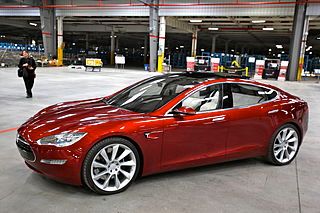Conversations on Natural Gas at the Alternative Clean Transportation Expo

I’m always interested in milling around the exhibit floor, coming to understand the offerings of as many different players as possible. But I also try to shake as many hands as I can, introducing myself to as many strangers as possible, never knowing whom I’m going to meet or what I’m going to learn.
When I wrote these notes, I had just completed two consecutive conversations with folks in natural gas. The first was a representative of the utilities in Nebraska, whose purpose is to enable his organization to meet the growing needs of large fleets of class 8 trucks that are eager to realize the fuel savings that natural gas represents — in many cases, at least $2 per gallon equivalent vs. diesel.
In terms of cleanliness, natural gas represents an advantage over diesel, especially diesel trucks that were made 10 or 12 years ago, before the current standards went into effect, and clean diesel really came into its own. At this point there’s actually very little difference in emissions between natural gas and clean diesel.
On the heels of that conversation, I spoke with an investor who had come in from the Midwest, looking for big plays in natural gas transportation. He believes, and it’s hard to disagree, that with the super abundance of inexpensive natural gas, domestically available, that it’s going to be very difficult for other alternative forms of transportation fuel to emerge victorious in today’s markets.
He asked me what I thought of all this, in other words, what I think are the really big three or four central ideas that could drive changes in our transportation paradigm. I talked a little bit about electric transportation and the need for a level playing field vis-à-vis fossil fuels. E.g., we are subsidizing the oil companies, and we make master limited partnerships unavailable as a capital formation tool for solar and wind, etc. This has the effect of providing all forms of fossil fuels, natural gas included, with an unfair advantage.
I told him that, from a moral standpoint, as well as a practical one, that this will probably not survive the next few years. I believe that public awareness on this issue will continue to grow, resulting in an extremely hot political football, causing things to change dramatically at that point. I’m not sure I convinced him that is the case, but it’s what I believe myself.
